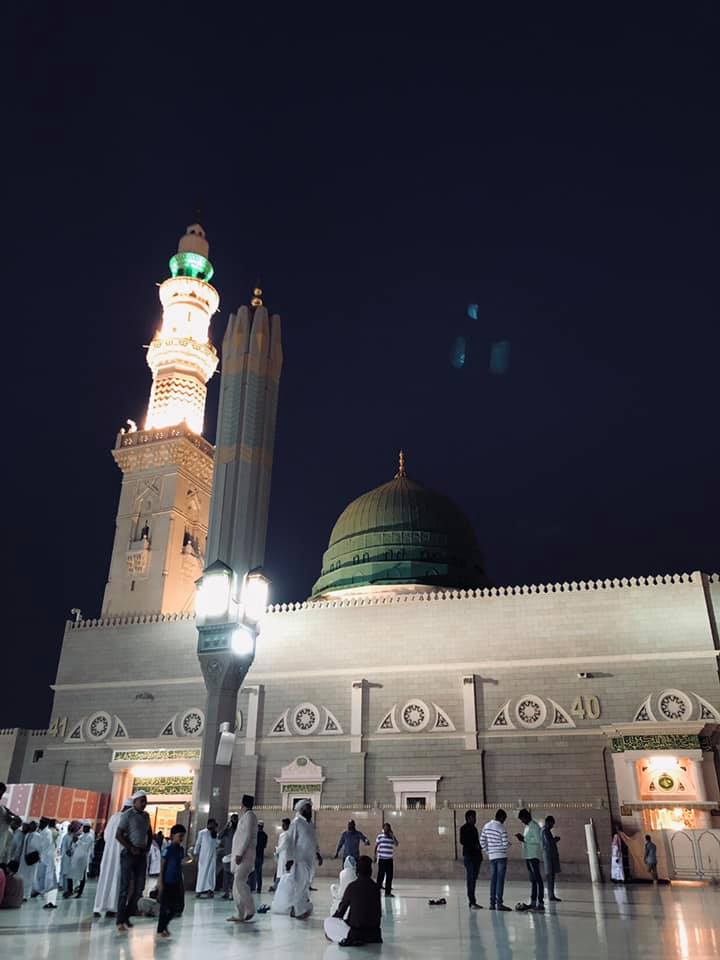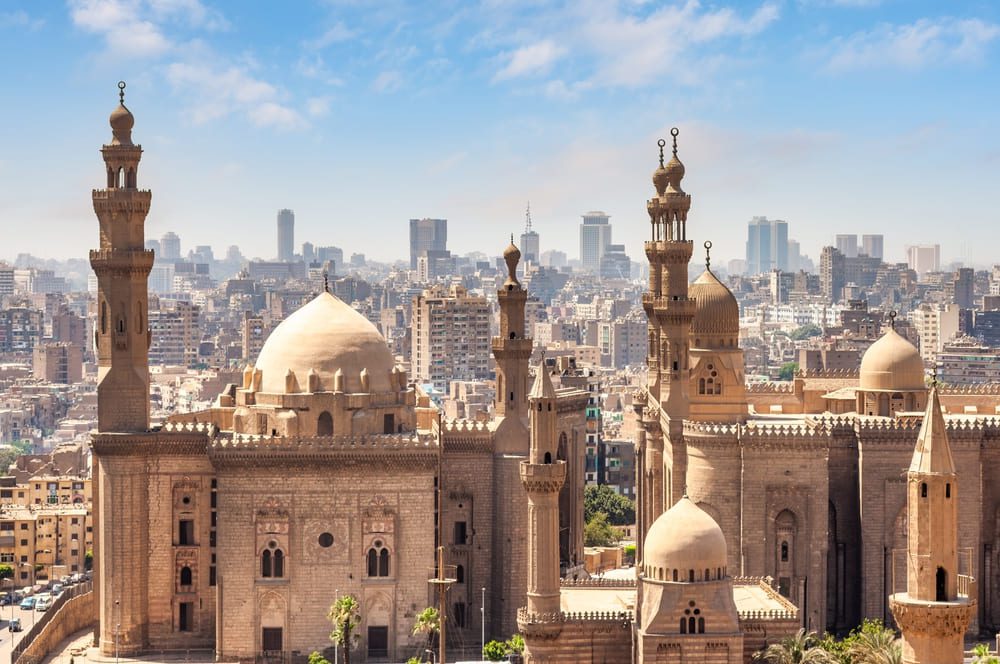Why do Muslims yearn to go to Madinah? What is the significance of Madinah in Islam? Madinah was the first Islamic state in history. The city is fragrant with the essence of our beloved Prophet Muhammad (PBUH). Let’s find out more about the importance of Madinah in Islam.
Madinah is the second holiest city in the world, the first being Makkah. It is approximately 447 km away from Riyadh. It has some of the most sacred Islamic landmarks, including the glorious Masjid-e-Nabawi, Jannat-ul-Baqi, Qiblatain Mosque, and Mount Uhud. Muslims from all over visit Madinah when they come to perform the pilgrimage around the Holy Kabah.
Madinah Before the Advent of Islam
Historically, Madinah was known as Yathrib. The city was abundant in date palm trees and was a thriving trade center dominated by Jews and some Arab tribes. The prominent Arab tribes, Aus and Khazraj, often fought to establish their dominance. This created a grave situation for the people of Madinah, who longed for a leader who would bring together everyone. Hence, Prophet Muhammad (PBUH) filled this void with his merciful, courageous, and inclusive leadership.
Migration to Madinah
The pagans of Makkah made life miserable for the Muslims. When they plotted to murder the Prophet Muhammad (PBUH), Allah commanded him to migrate to Madinah with his followers. Hence, in 622 AD, Prophet Muhammad (PBUH) migrated to Madinah, which also marked the first year of the Islamic lunar calendar, Hijri.
The people of Madinah welcomed the Muslims wholeheartedly. They established the first example of brotherhood as the Ansars (helpers) of Madinah helped their Muhajireen (migrants) brothers. The Muhajireen reciprocated this gesture by helping the Ansars in every way possible and not being a burden on them.
Development of the First Islamic State
As soon as Prophet Muhammad (PBUH) arrived in Madinah, he initiated the construction of Masjid-e-Nabawi. The mosque was the first Islamic center for education, religious administration, and other important affairs. It was also the place of the Prophet’s (PBUH) residence.
Gradually, Madinah became the first Islamic state. The Consitution of Madinah was the first constitution in world history. It focused on equality, co-existence, and respect for all. Its salient features were as follows: –
- People will have absolute religious freedom.
- All communities will unite to defend Madinah from external enemies.
- A unified Islamic legal system shall resolve tribal conflicts.
Expansion of Islam from Madinah
When the people of Madinah heard about such a just and fair religion, they became intrigued and rushed to Prophet Muhammad (PBUH) to inquire more about Islam. Madinah began to prosper as a peaceful state. People from nearby areas also started visiting Madinah to find out more about Islam. Thus, Islam grew rapidly from Madinah.
Muslims fought decisive battles from Madinah. These include the Battle of Badr, the Battle of Uhud, the Battle of Khyber, and the Battle of Trench from Madinah. These battles established a firm authority of Islam. Those who mocked Islam and Muslims began to fear the might of this handful of people. Consequently, Muslims became strong enough to make the historic conquest of Makkah. It was the most peaceful conquest in which the enemies were given general pardon. No life was harmed during the conquest.
The importance of Madinah in Islam is paramount. It became the first Islamic center where people from all over came to learn about Islam. The Holy Prophet Muhammad (PBUH) taught his companions and followers about Islamic principles. He received many revelations in Madinah. Those who had any problem would come and discuss it with the Prophet Muhammad (PBUH).
Prophet Muhammad (PUH) created the first Islamic university in Madinah. He taught the Quran, sunnah, and Islamic jurisprudence, making Madinah the center of Islamic learning. This further propelled growth in scientific discovery and knowledge. Muslims made notable contributions in philosophy, mathematics, astronomy, and other disciplines through the knowledge gained at Madinah.
To Conclude
Today, Madinah has evolved as a modern and flourishing city that has held tightly to its roots. Through the ages, different caliphs worked extensively to preserve and grow the legacy of this holy city. Although Prophet Muhammad (PBUH) was born in Makkah, his final resting place is Madinah. Hence, the significance of Madinah in Islam is huge, making it the second holiest city in the world.



